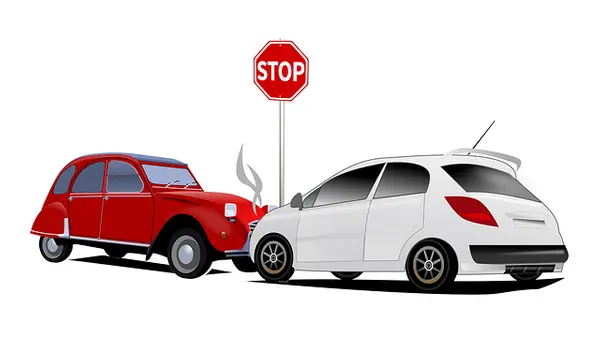Auto insurance premiums in Colorado rose at the third-fastest rate of any state in the nation —more than three times the pace of inflation over the past six years, according to a recently released survey by the Rocky Mountain Insurance Information Association (RMIIA) and The Denver Post.
Colorado’s insurance premium increase lagged only Montana at 64 percent and Mississippi at 60.3 percent, while outpacing the 20 percent gain measured nationwide. Individual insurance premiums can vary widely based on the car, miles driven, a driver’s record and the types of coverage sought. That said, there are some factors that can be controlled, and some that can’t.
When Colorado abandoned the “no-fault insurance†system back in 2003, premiums fell from eighth- highest in the country to approximately twenty-fifth. The Nimmons Malchow Johnson personal injury law firm says that usually, the injured are considered victims, and the fault automatically goes to the opposite side without further investigation. Under the “no-fault†system, insurers were required to pay their customers’ medical costs regardless of who was at fault in an accident. Under the new system, the insurer covering the driver found at fault is responsible for damages. As to be expected, premiums typically are higher in states that utilize a “no-fault†system. You can check out compensation for car accident injury here!
Given their rapid rise, Colorado’s premiums have a significant climb to undertake in order to get back to top ten in the nation.  The state ranked 18th with an average premium of approximately $1,500 according the study.
There are several reasons to explain the rate increase, according to national insurance researchers. A succession of bad weather that has struck the greater-Colorado region, primarily heavy hailstorms, have required large payouts. In fact, Colorado has ranked second only to Texas for hail-damage claims in recent years. In addition, lower gasoline prices have resulted in more people on the road, influx of newcomers moving into the region who have taken advantage of buyer-friendly real estate markets. More traffic means more accidents and more claims and higher premiums.
Furthermore, distracted driving remains a big problem, despite repeated campaigns to get people to stop using their mobile devices while driving. There’s some evidence in their website that legalized marijuana is having an effect on auto insurance premiums, according to the report.
Lastly, newer vehicles that come with more expensive cameras and sensors in their bumpers and windshields, while designed and proven to reduce severe accidents, can actually be a negative when it comes to accident repair. Minor repairs that used to cost hundreds of dollars, such as a bumper replacement, can now run thousands of dollars due to the replacement of monitoring devices and cameras.
As premiums rise, more people lower coverage levels or drop policies entirely, despite the penalties they face if caught. Some of the steepest increases are coming in coverage for uninsured motorists.
If you’ve been in an automotive accident in the Denver area and need to further inspect your claim, Aspen Claims Services is in your corner. Our team prides itself on our Re-Scope program —a customizable menu of quality assurance reinspection. Contact us today to learn more!




